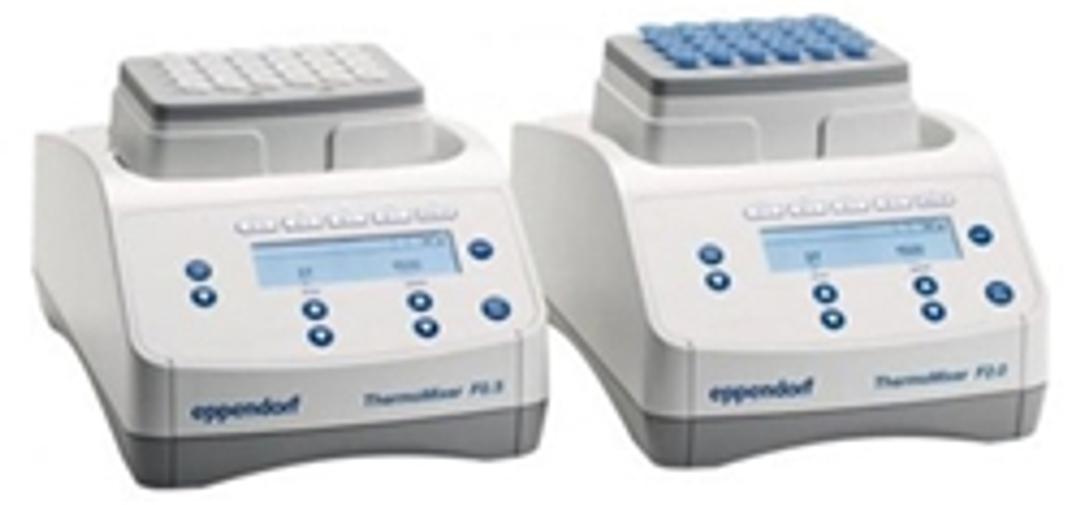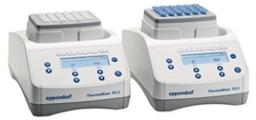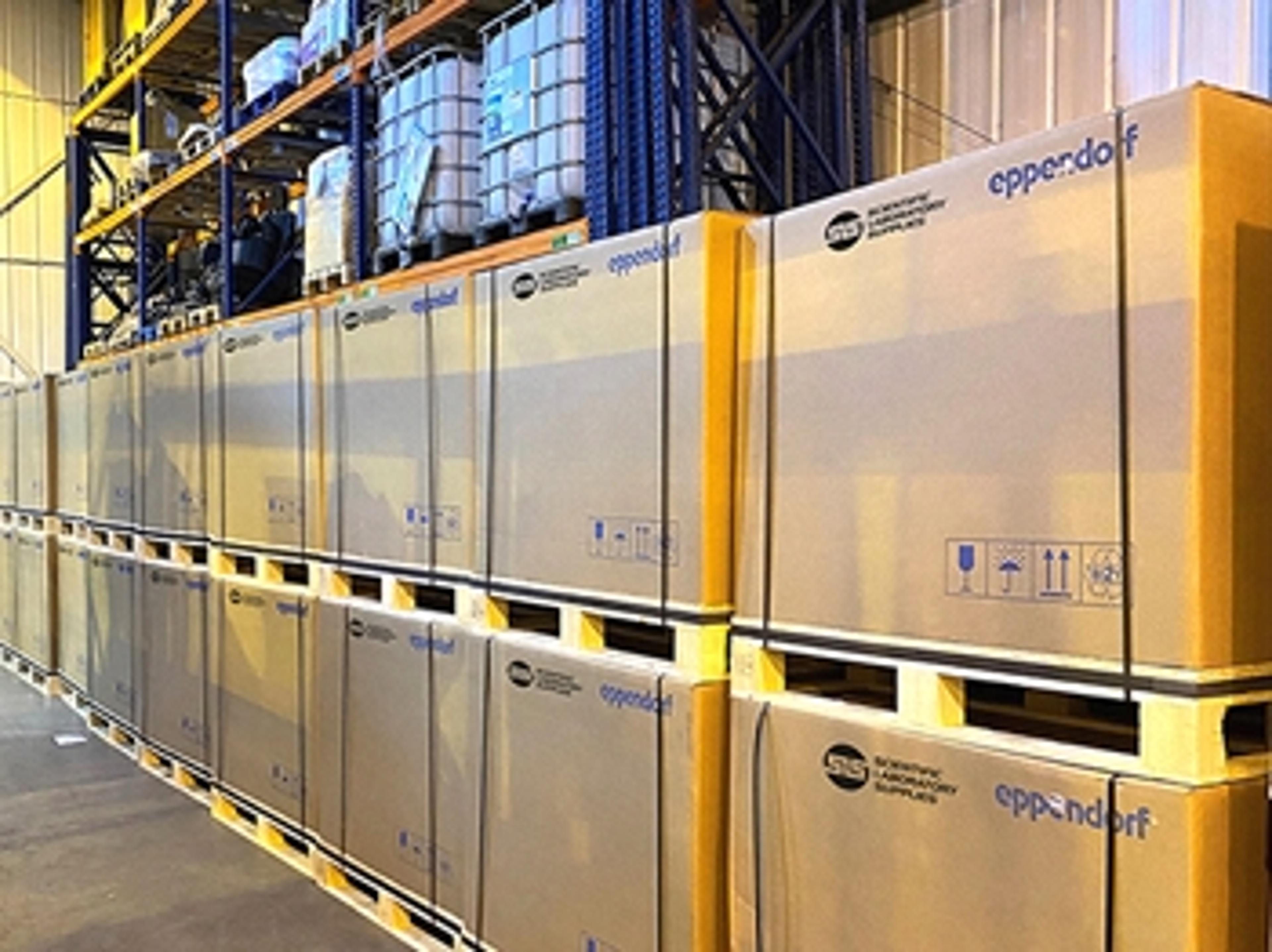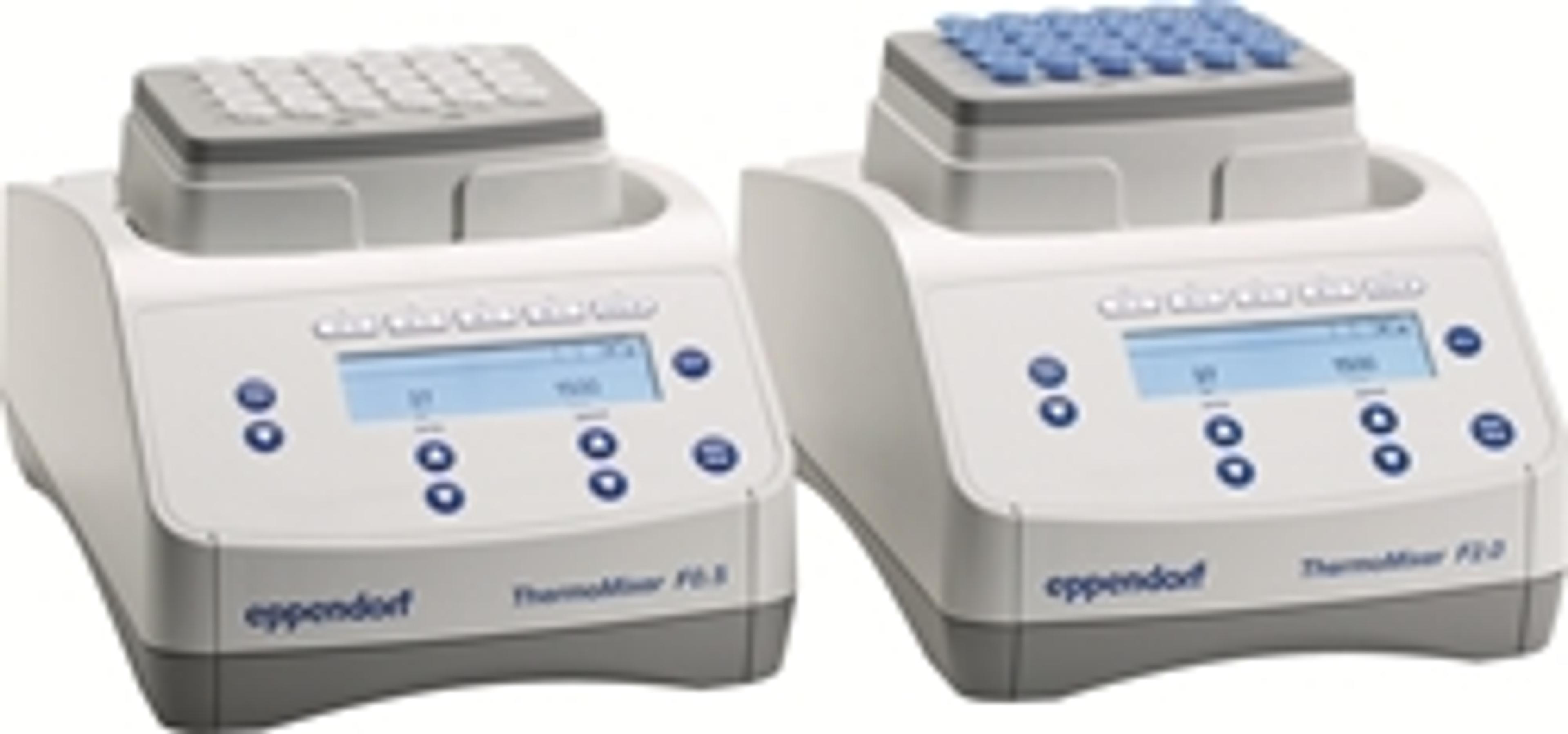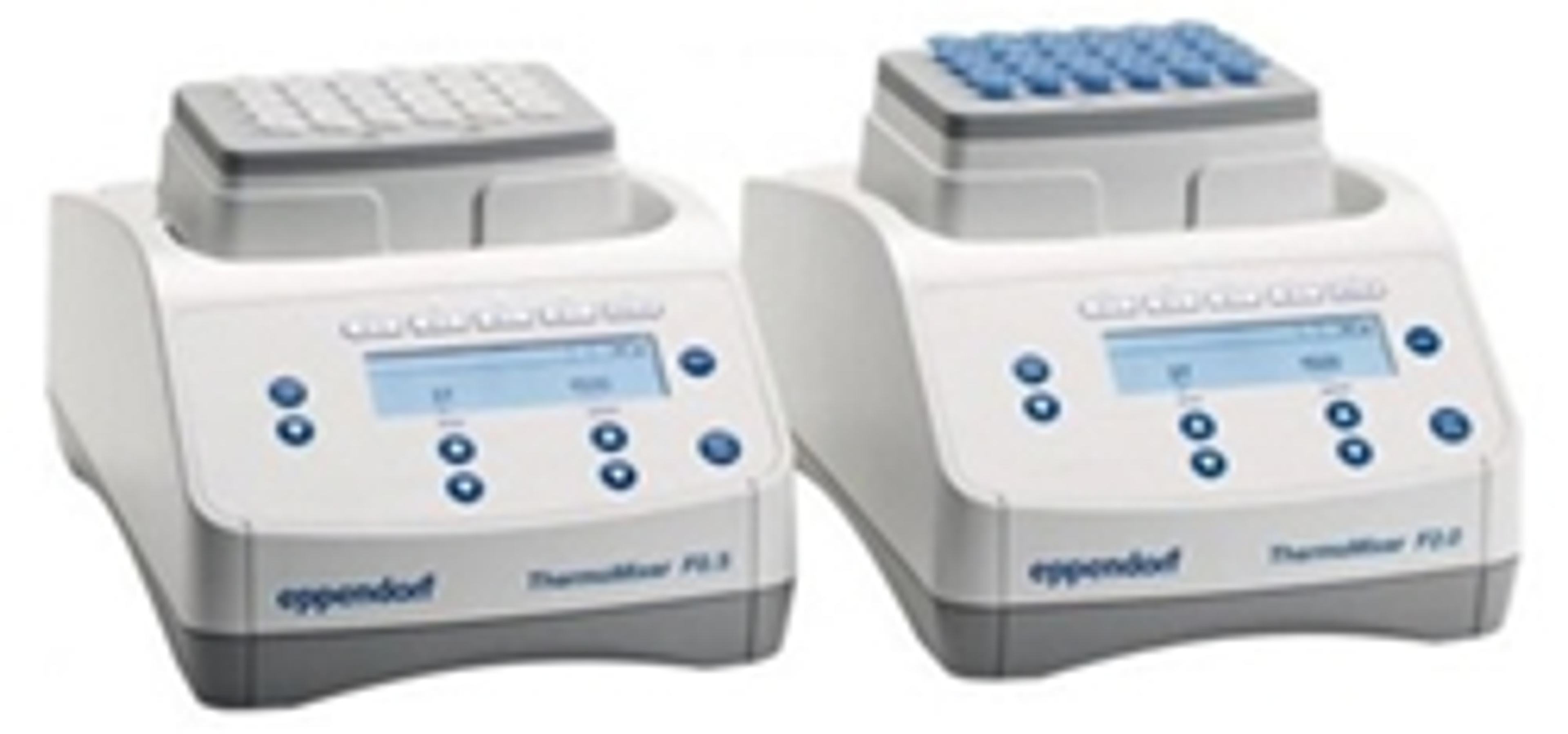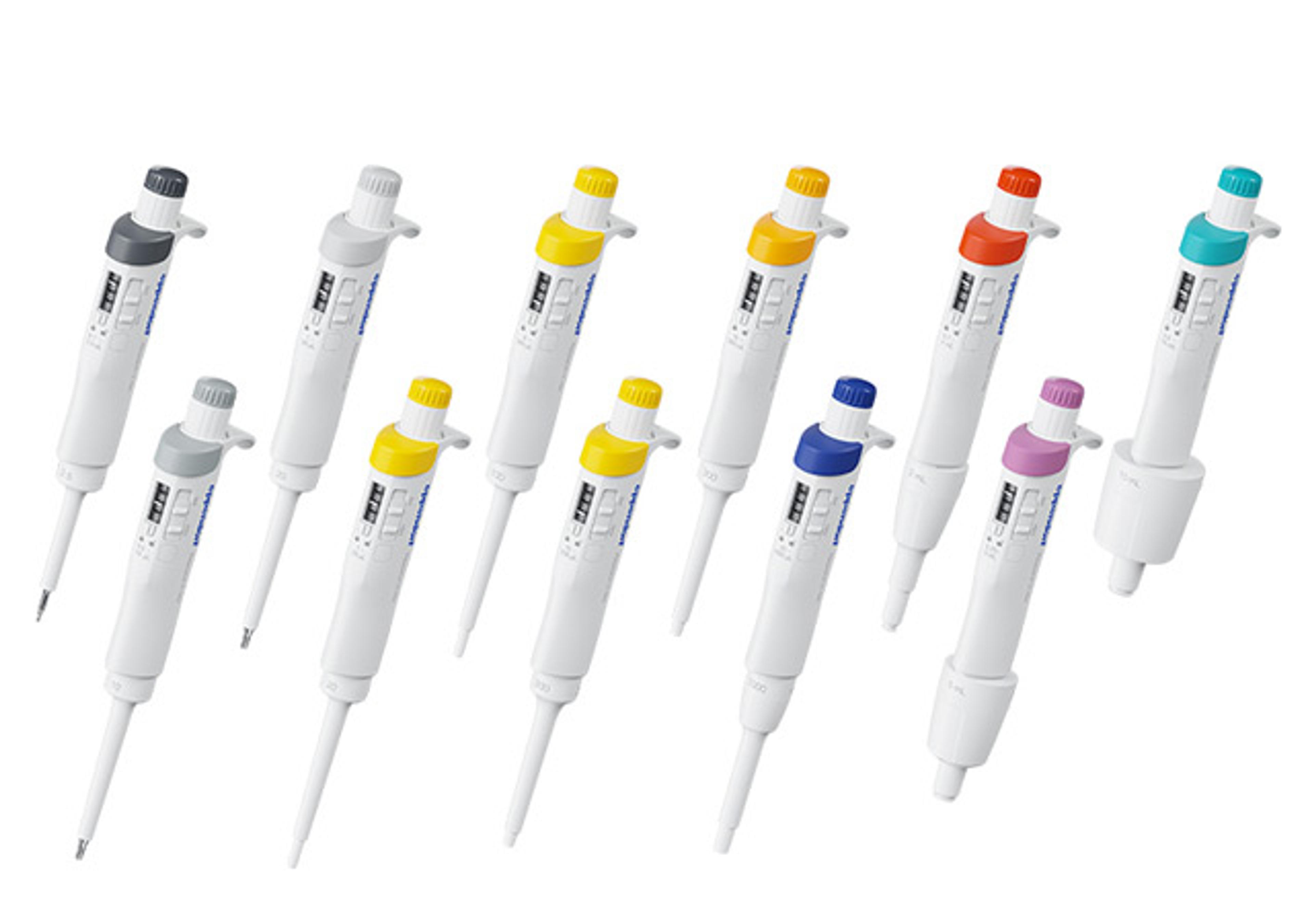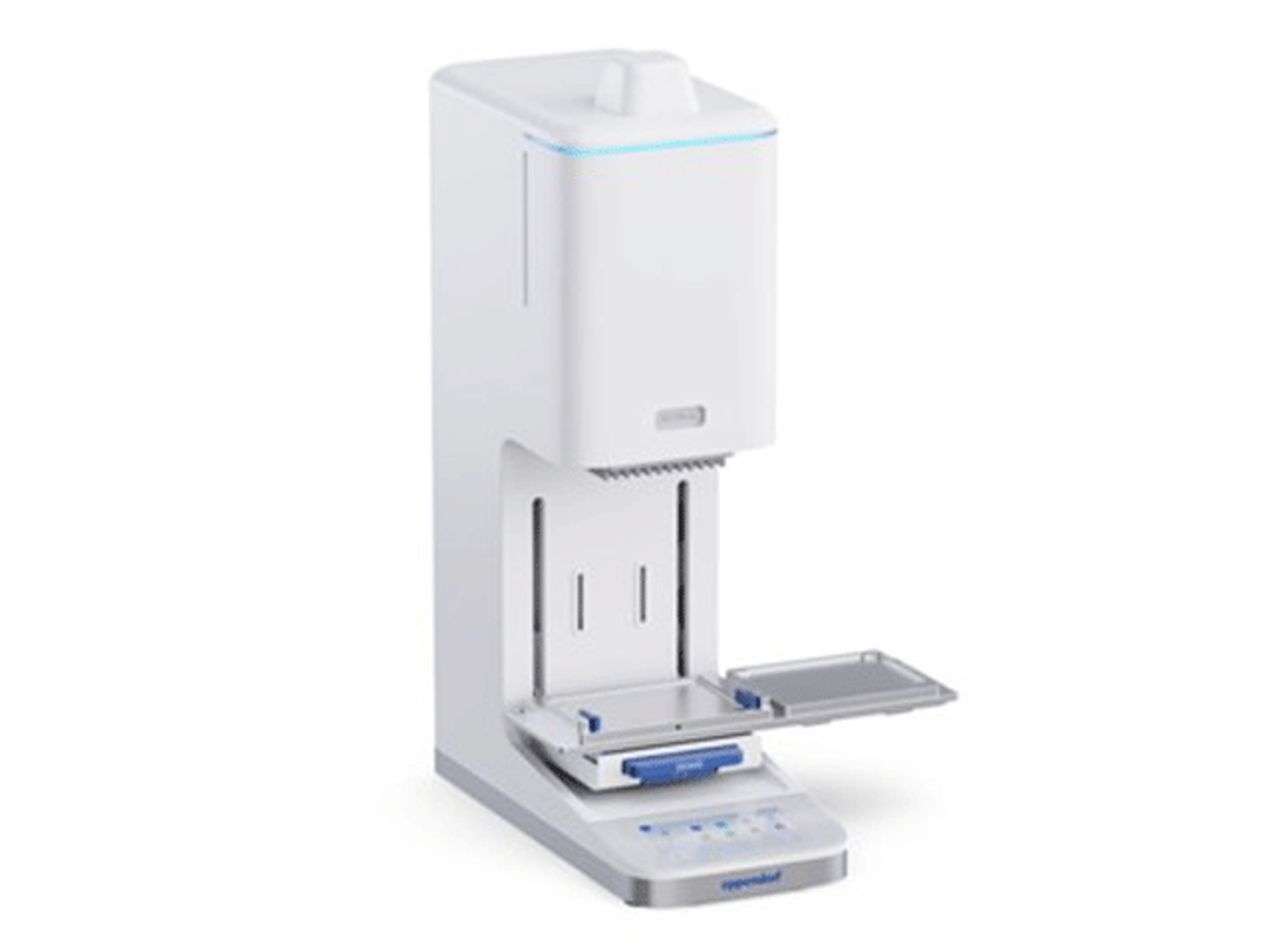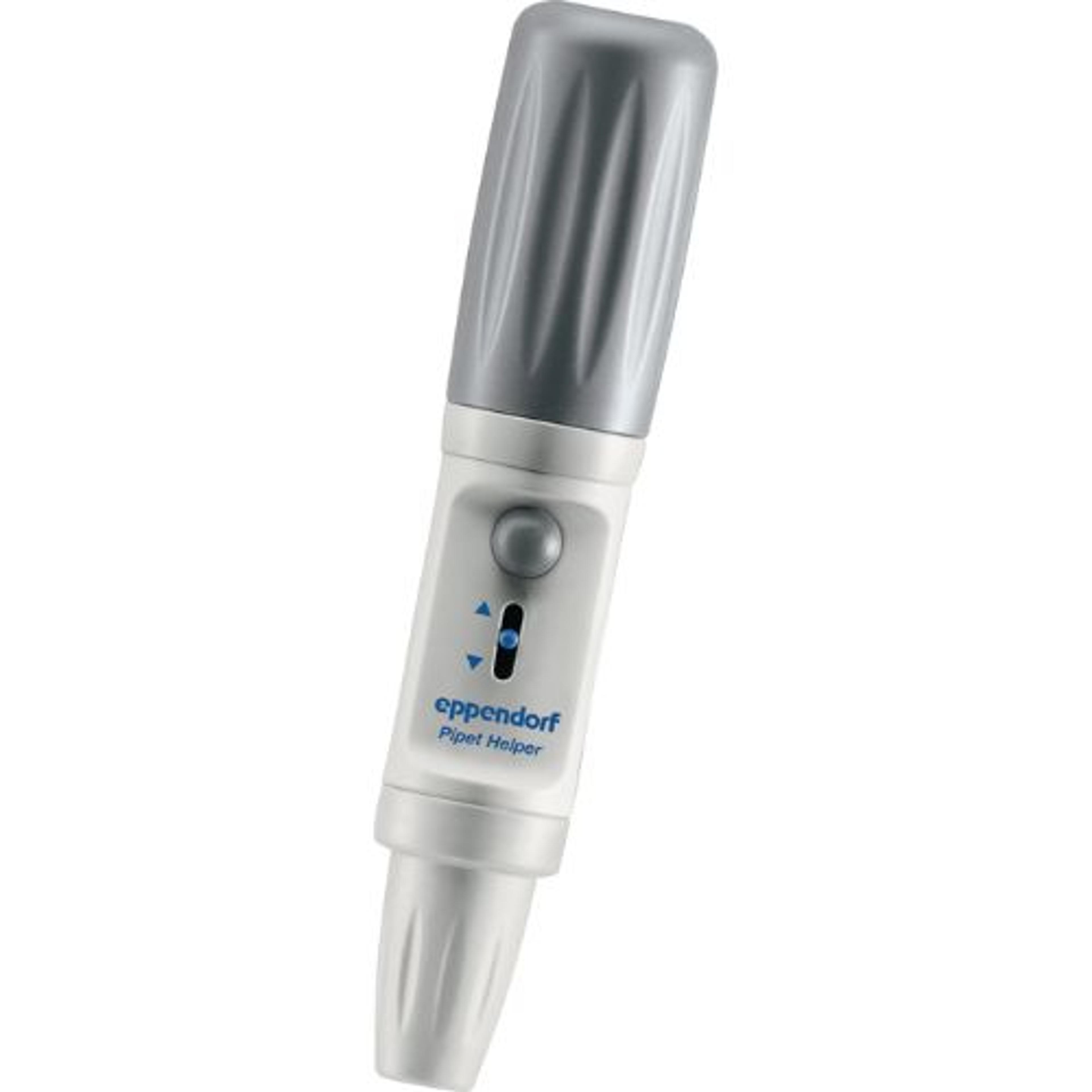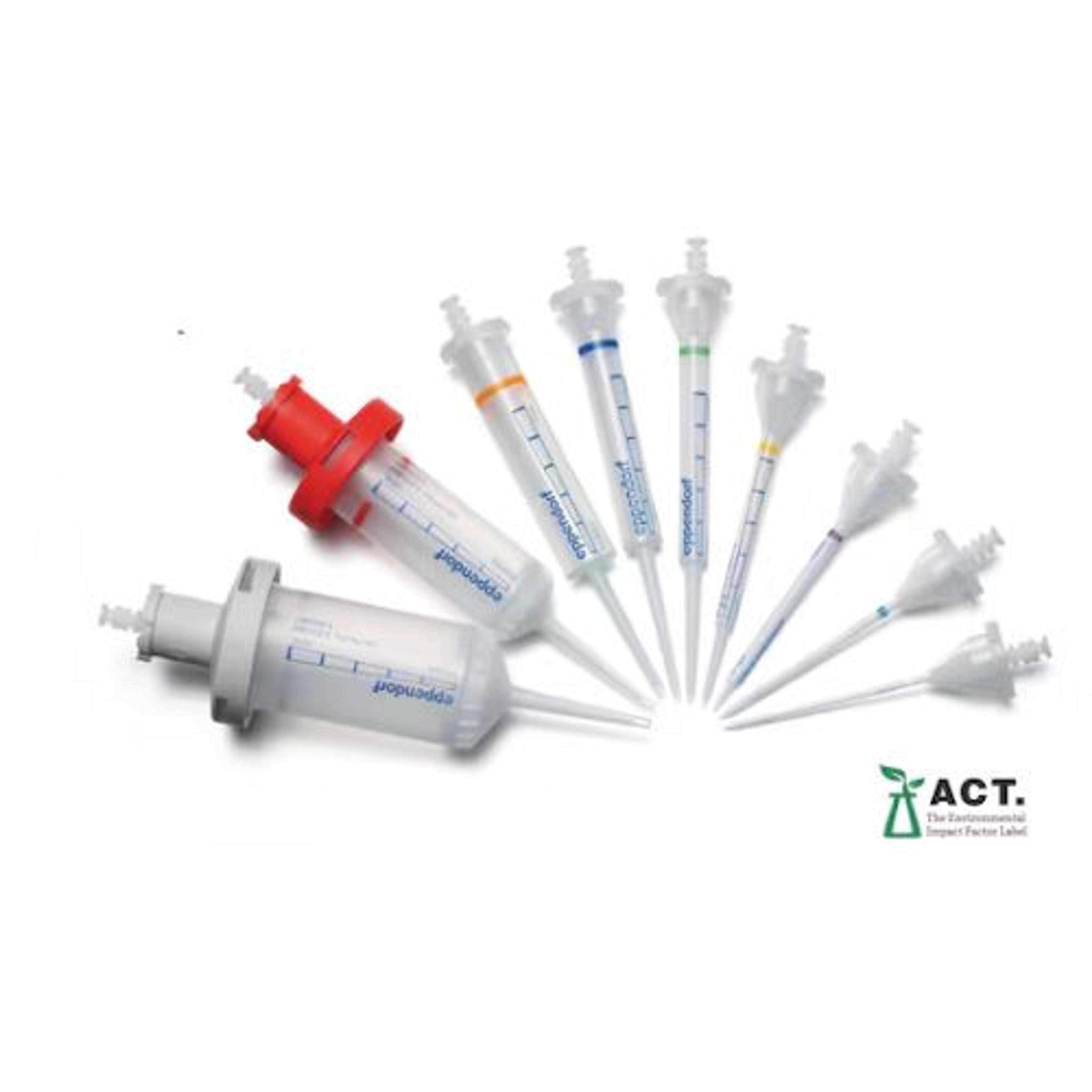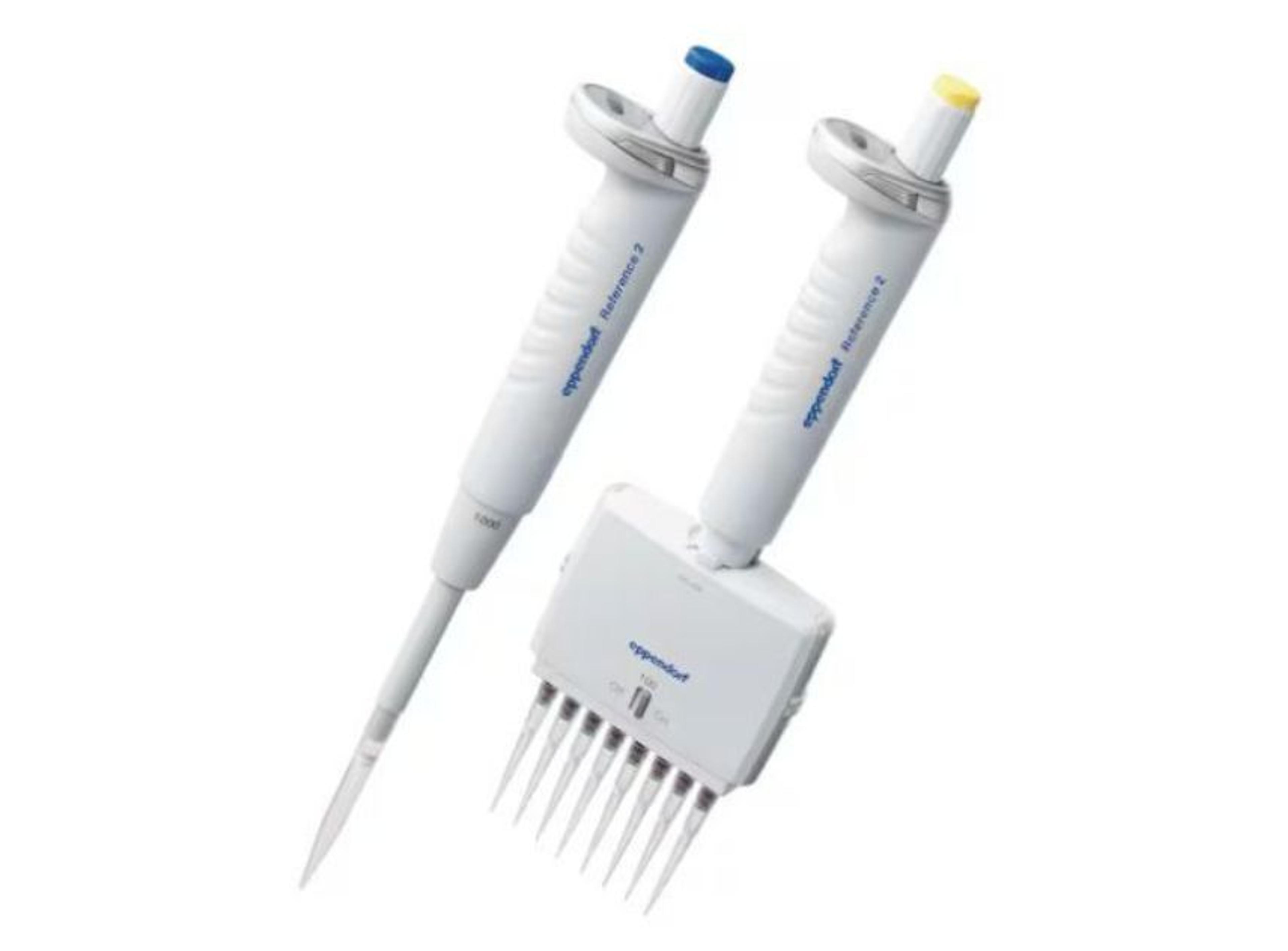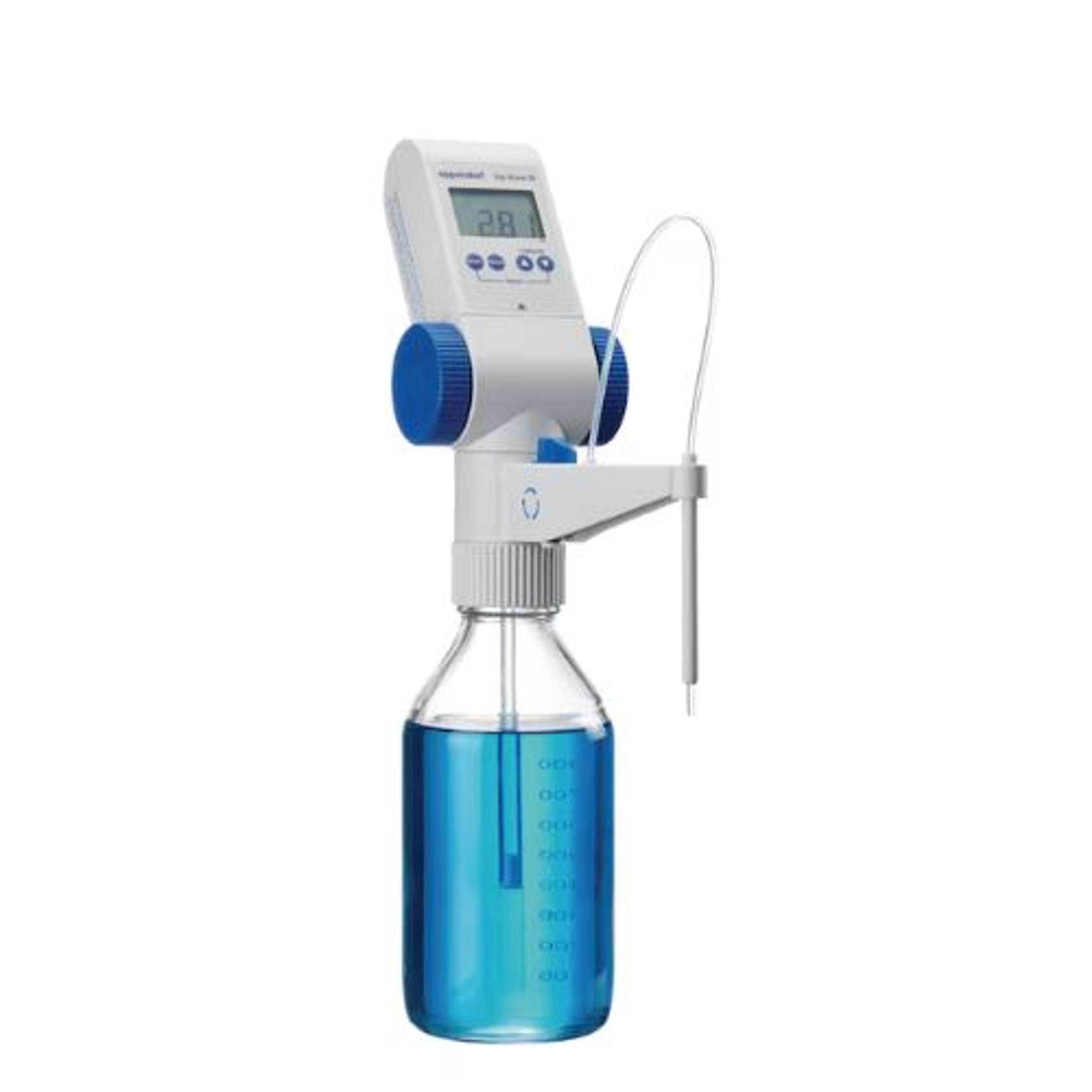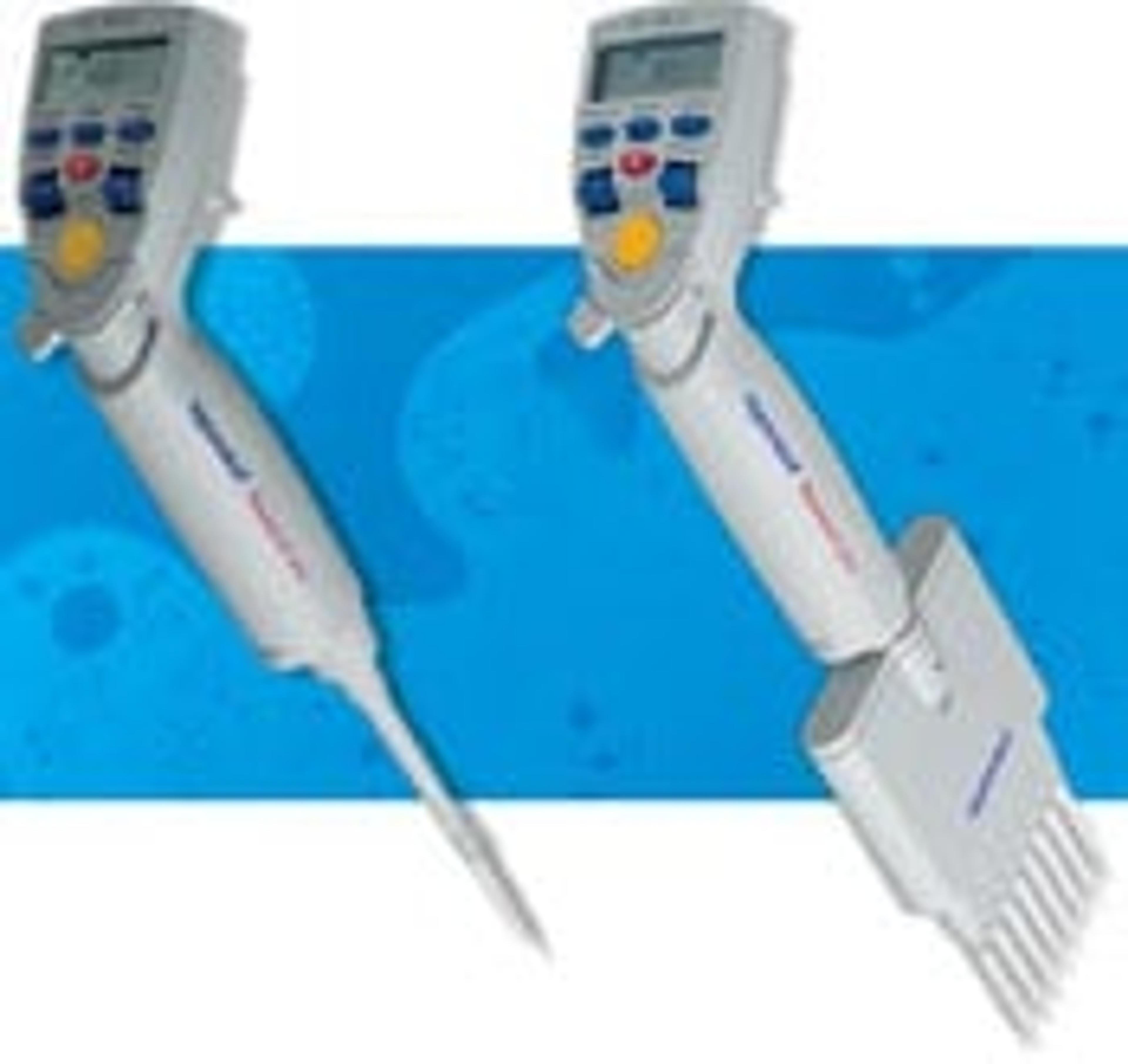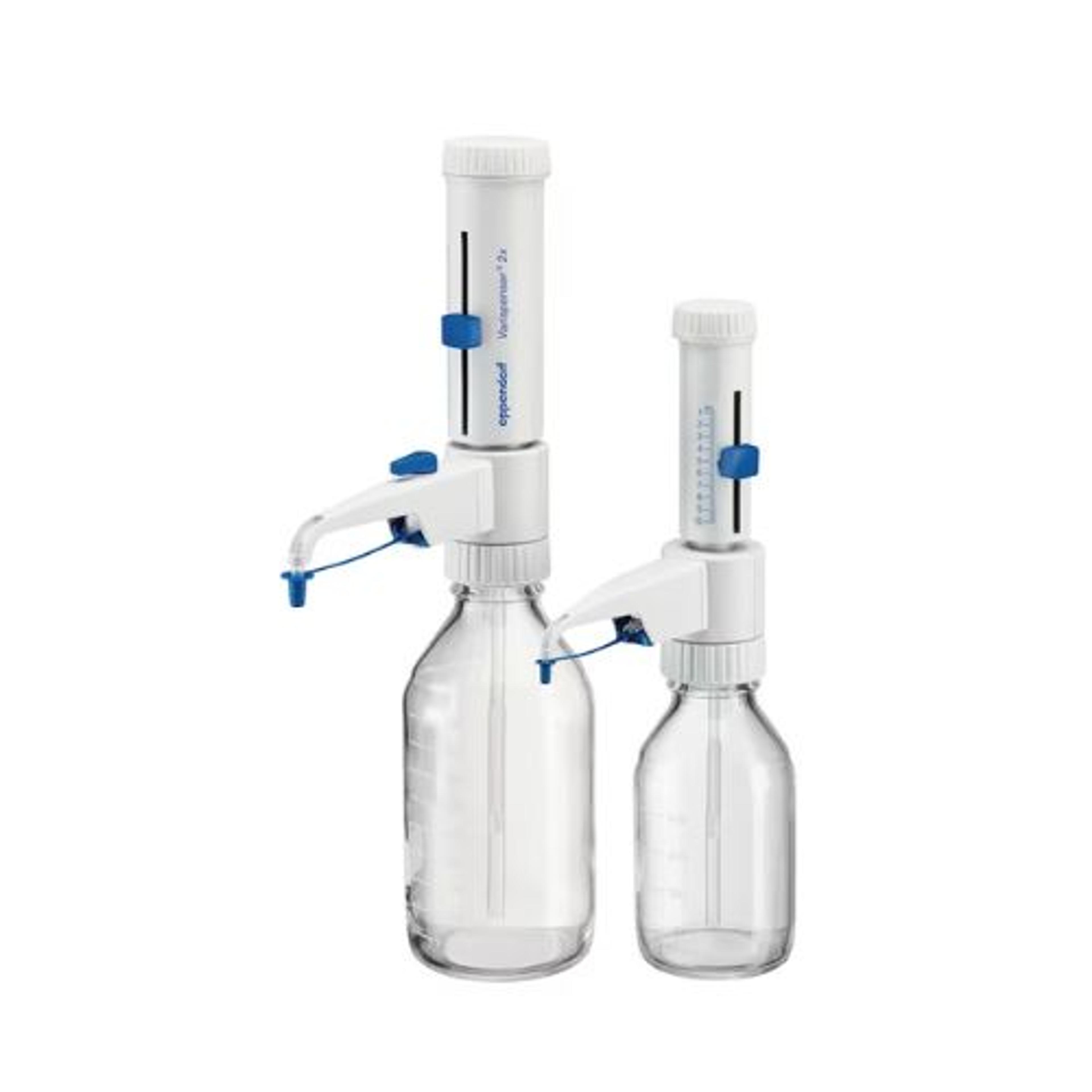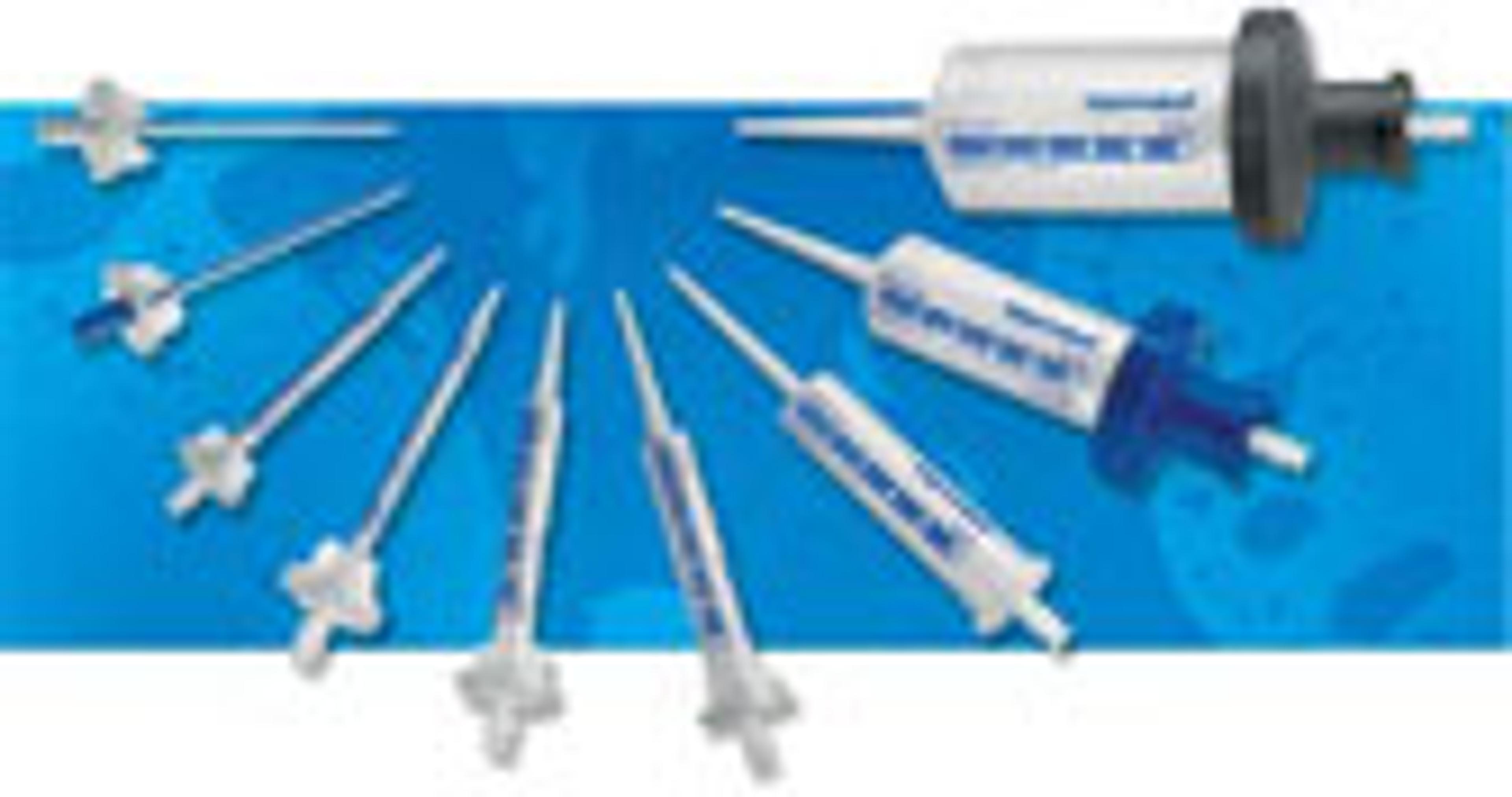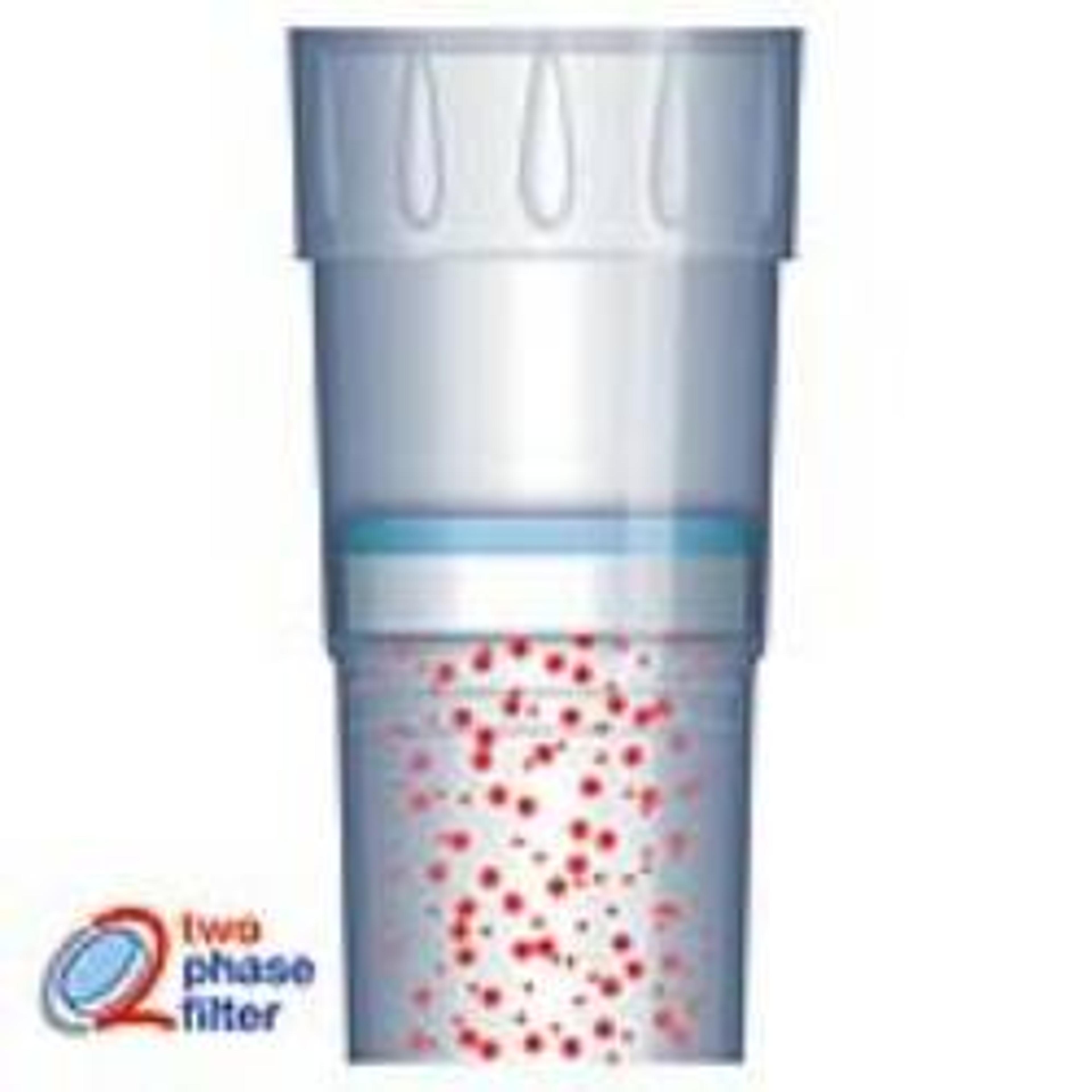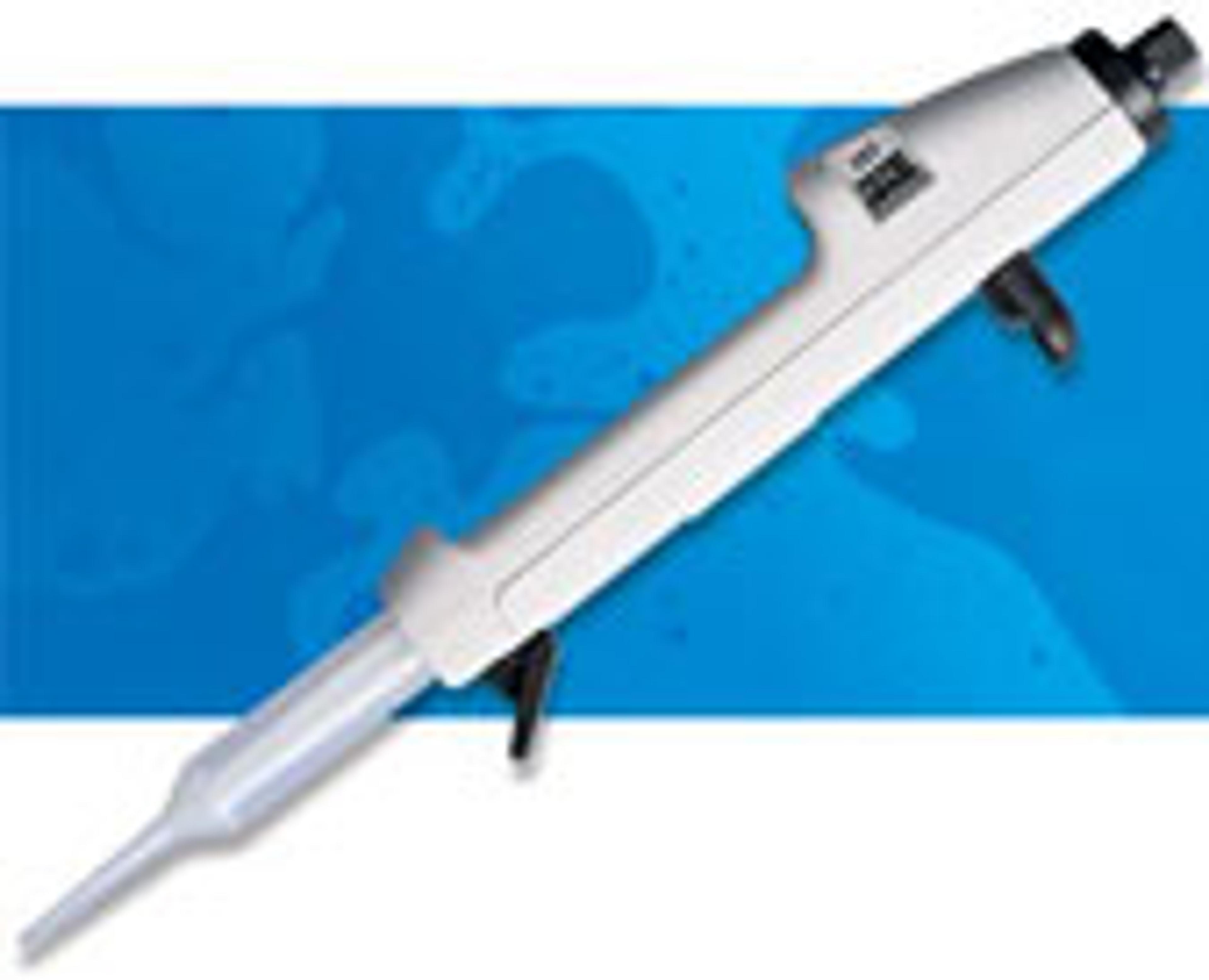ThermoMixer® F0.5 and Eppendorf ThermoMixer® F2.0
To simplify your lab routines. Whether you regularly work with 0.5 mL or 2.0 mL reaction vessels - the customized systems from Eppendorf offer you the perfect solution for your special applications. The devices combine precise heating and mixing with the highest stability, even at maximum mixing frequency. You can also carry out independent mixing and incubation steps Features: Heating and mixing in 0.5 mL (F0.5) or 2.0…
Great Instrument!
Bacteria Transformation
Very Easy to use. Reliable temperature control. Quick to reach desired temperature.
Review Date: 7 Dec 2015 | Eppendorf
To simplify your lab routines. Whether you regularly work with 0.5 mL or 2.0 mL reaction vessels - the customized systems from Eppendorf offer you the perfect solution for your special applications. The devices combine precise heating and mixing with the highest stability, even at maximum mixing frequency. You can also carry out independent mixing and incubation steps
Features:
- Heating and mixing in 0.5 mL (F0.5) or 2.0 mL reaction vessels (F2.0)
- Efficient mixing up to 1,500 rpm (F2.0) or 2,000 rpm (F0.5)
- Excellent mixing performance due to unique 2DMix-Control technology
- Anti-spill technology prevents lid wetting and cross-contamination
- Reliable prevention of condensate formation with the new ThermoTop (condens.protect®)
- Simple and intuitive operation using predefined temperature keys (37 °C, 42 °C, 56 °C and 95 °C)
- Very quiet operation via precise fit of vessels in block
- Heat-insulated Eppendorf SmartBlocks for ergonomic operation - you won't burn your fingers
Applications:
- Growth of bacteria and yeasts
- Enzymatic reactions
- Transformation of bacteria strains and plasmids
- Denaturation of DNA, RNA and proteins
- Lysis reactions at 100°C
- Labeling of nucleic acids and proteins
- Proteinase K digestion of cells and tissues
- Resuspension of pellets
- Mixing protein quantification assays
- ELISA assays

